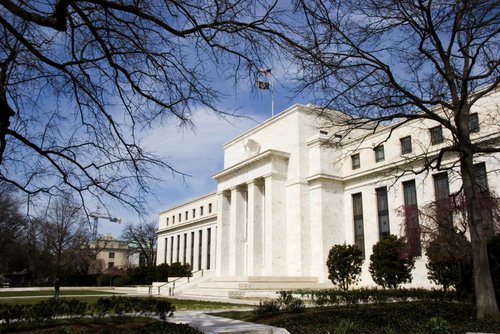The US central bank Fed has decided not to raise interest rates in its most recent meeting – even though in December, it signaled it would end its low interest rate policy. Yet, it hasn't abandoned a return to higher interest rates. On the contrary.

Fed leaves interest rates unchanged
Oil prices are extremely low at the moment and financial market expectations – for example concerning China – are pessimistic. Right now, a further increase in interest rates would have led to lower inflation, which would have forced the Federal Reserve to ease monetary policy in the long term - meaning to lower interest rates again.
The Fed’s accommodative monetary policy has been very successful throughout the last years. By providing cheap money, it helped to lower the unemployment rate from 10 percent in December 2009 to a current 5 percent. This low unemployment rate was the decisive reason for ending its low interest rate policy and for lifting interest rates for the first time in 9 years. In December, the Fed communicated that it would increase interest rates gradually with small steps in size of 0.25 percentage points.
Now that the Fed has decided to delay a further increase in the Federal Funds Rate, its planned interest rate path seems obsolete. But the plan to increase the interest rate has merely been postponed, it hasn't been abandoned. In December, the Fed made further lift-offs conditional on the progress of the economic recovery – and economic recovery now slowed down.
Fed-chair Yellen does the right thing with her procrastination policy: she keeps all lanes open and thereby avoids to disappoint any expectations. Although she intends to achieve a higher interest rate level in the medium-run, she has realized that the economic circumstances have to allow this. This should be the case in the distant future: The Fed’s monetary policy is still expansionary, which can be inferred from the strong credit growth. And the US has now almost reached full-employment, so inflation might arise even with low oil prices.
More on the topic

Crypto regulation in the EU
FC Bayern Munich footballers advertise for the crypto exchange Bitpanda, Crypto.com advertised with rapper Eminem during the NBA playoffs of the Los Angeles Lakers basketball team, whose arena was renamed “Crypto.com Arena” in 2021.
IW
German Wage Policy between Inflation and Stagnation: Are Conflicts with the Aims of Monetary Policy Looming?
After the economic and financial crisis of 2008/9, the German labour market soon began to recover, creating scope for a comparatively expansive wage policy.
IW